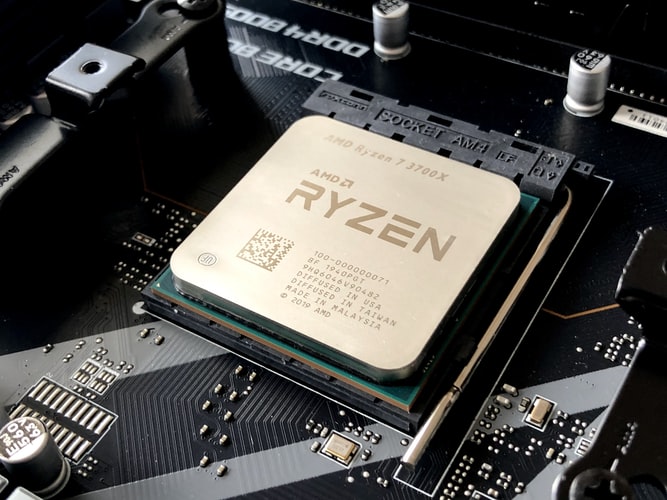US import tariffs on some Chinese components lifted
Tariff exclusions introduced on a range of imported goods have been reinstated, easing trade and supply chain relations between China and the US.
The import tariffs, originally put in place in 2018 and 2019, were between 7.5% and 25% for the affected products. The reinstatement of exclusions became retroactively effective from October 2021 and covers approximately $370 billion worth of Chinese imports.
The previous administration granted more than 2,000 exclusions to give relief to certain industries, but most expired before the end of 2020.
Several industries were seriously affected by the original tariffs, including the electronic component market. Parts like capacitors, resistors, transistors, PCBs and many more were hit with huge tariffs, which affected the price of end products and even stopped manufacturing in some sectors.
Areas affected
Aside from components falling victim to high tariffs, medical equipment and PCBs featured in X-ray machinery were also impacted. As many of the tariffs were introduced during the pandemic there was already a heightened demand, and the US had to find products in other places, probably also facing higher costs.
PCBs and graphics cards for use in computers ended up being slapped with a hefty tariff too. The computer sector was one that experienced huge sales during the pandemic, which was one of the factors that contributed to the semiconductor shortage.
Alongside the shortage of PCBs and components, there ended up being additional backlog with tariffs being placed on other consumer electronics like phones, laptops and smartwatches.
What next?
The tariffs affecting electronic components, although high to manufacturers, were likely not as impactful for their customers. Even so, there’s a chance there will be an increase in available components and for a cheaper price, which could result in a slightly lower price for consumers as well.
Products, like the x-ray machinery, that rely on entire imported PCBs may see a larger drop in price as manufacturers can once again access cheaper circuitry.
Computer parts like the GPU might continue to be sold at an increased price, both to make up for the astronomical cost they were originally bought for, and because of continued demand. Not only are graphics cards being used for gaming computers and general use but have also had attention from the crypto and data mining market.
Material costs were already raised by the pandemic, but chances are they will remain high for a while despite the tariff exclusions brought in. Manufacturers will probably try to make up for lost time and money by keeping the costs of products high. Especially for parts such as graphics cards, this might continue for quite a while.
Thankfully, Lantek is a supplier who values its customers above all else, and will always find you the best price for your parts. So don’t delay, get in touch today for all your electronics needs. Email us at sales@lantekcorp.com.


